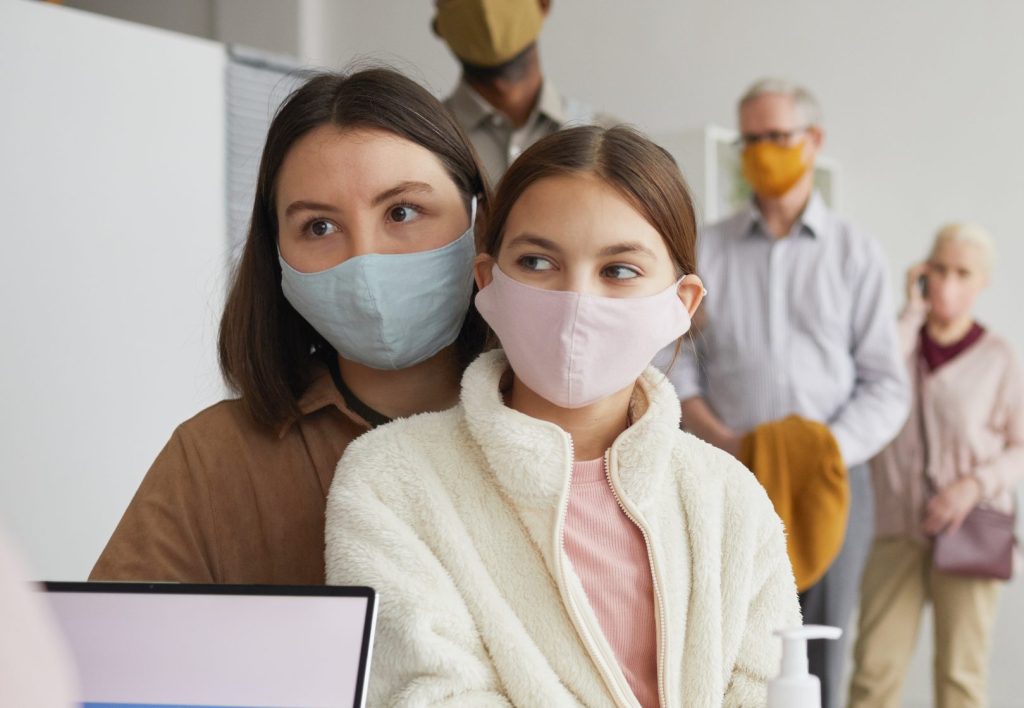A Growing Need
As the risk of Respiratory Syncytial Virus (RSV) continues to rise, many are looking for hope in the form of a RSV vaccine. While most people who get RSV will experience mild symptoms and recover within a week or two, some – like infants and young children and older adults – are at a higher risk for severe infections.
According to the CDC, between 58,000 and 80,000 children under the age of 5 are hospitalized with RSV each year, with 100-300 dying from the illness. The numbers are even more staggering for older adults, with 60,000 and 120,000 hospitalizations and 6,000-10,000 deaths annually. Severe infections can include bronchiolitis – an inflammation of the small airways in the lungs – and pneumonia. RSV can also worsen pre-existing chronic health conditions.
With the ongoing COVID-19 pandemic, it is more important than ever to have a vaccine that can protect people from RSV. In this blog, we’ve compiled the latest information and updates on the progress of an RSV vaccine to keep you informed and educated on this critical topic.
The Race for a Vaccine
Currently, there is no FDA-approved vaccine for RSV. However, a few companies are in the process of developing a vaccine that could become available soon.
One of the leading companies in this endeavor is Moderna. The company recently announced that its RSV vaccine candidate is effective at preventing disease in older adults. In a clinical trial of over 37,000 people across 22 countries, the vaccine was successful at preventing lower respiratory tract disease, defined as two or more symptoms, in over 83% of people ages 60 and older.
Moderna’s RSV vaccine uses the same messenger RNA (mRNA) technology as the company’s successful Covid-19 vaccine. The company plans to file an application for approval by the FDA in the first half of this year.
Another leading player in the development of an RSV vaccine is Pfizer. The company reports a roughly 82% success rate for the first 90 days of a child’s life from a vaccine for pregnant women. The antibodies will transfer to the fetus and provide protection for the first six months of life.
Pfizer’s vaccine is already in the FDA approval process. Both companies expect to be in the FDA approval process for their RSV vaccines relatively quickly.
Who Can Get the Vaccine?
With no specific timetable for when an RSV vaccine may become available or how much it will cost, it is important to continue practicing preventive measures such as masking and social distancing to protect yourself and others from RSV and other respiratory illnesses.
We encourage you to speak with your healthcare provider about the potential benefits and risks of the RSV vaccine, and to determine if it is the right choice for you. And if you’re concerned about cost regarding future appointments, click here to learn how we can provide quality care at a cost that works for you.
As always, Hunter Health is dedicated to providing our community with the best care and information to stay healthy and safe. We will keep you updated on the latest developments and advancements in the field of RSV vaccines.


